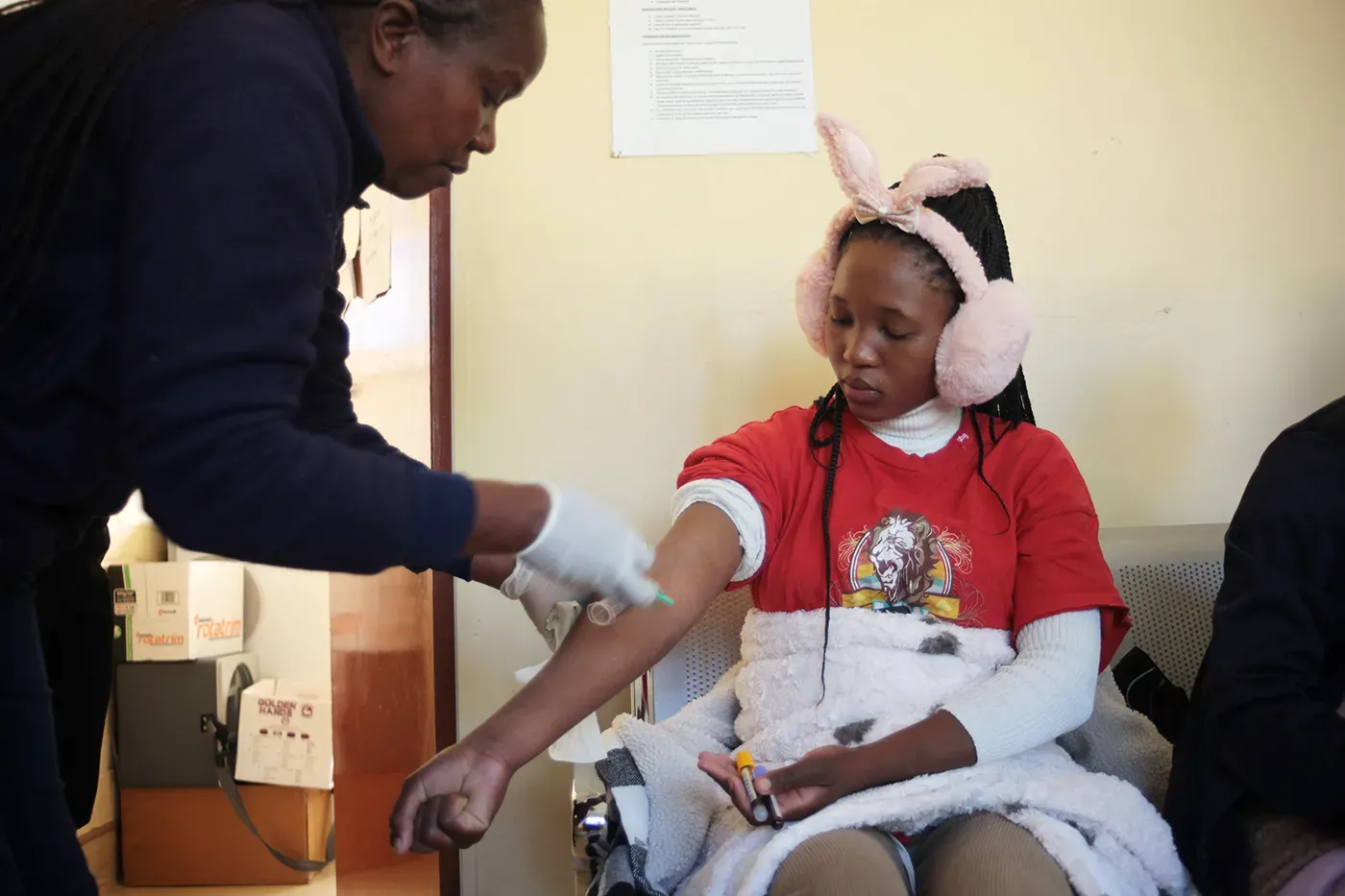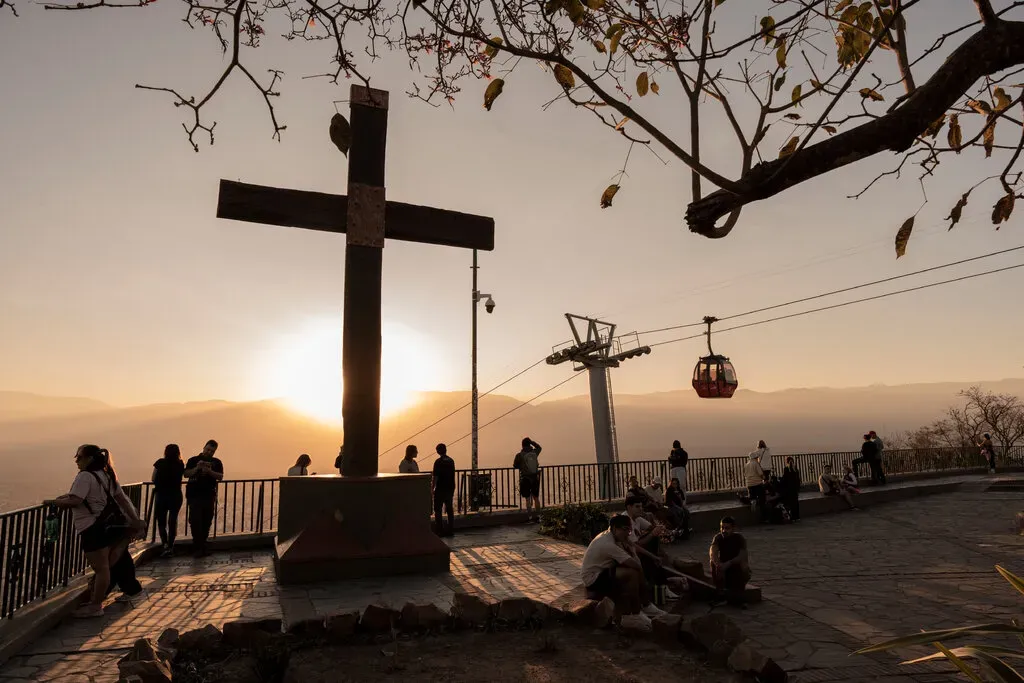
Powerful Africa Reporting Exposes the Harm of USAID Cuts
The power of journalism. It’s key to documenting how U.S. cuts to billions of dollars in global health aid are playing out on the ground. It’s also why the Pulitzer Center is providing support for in-depth reporting in countries that stand to lose the most.
What reporters are finding in the U.S. Agency for International Development (USAID) cuts is disturbing. Where aid once fostered health care advances, journalists have found devastating reversals.
With our help, Science magazine and PBS NewsHour are rolling out stories investigating the dismantling of USAID and the programs it helped deliver.
Science reporter Jon Cohen recently traveled to the African countries of Eswatini and Lesotho, which have the highest rates of HIV in the world. Both countries had made notable gains in controlling HIV transmission and mortality.
Cohen witnessed how U.S. cuts have decimated transportation support for patients to get to clinics for medicine and viral testing to prevent transmission. Nurses and outreach workers who supervised medicine doses have been let go. Cohen visited a clinic where he discovered that pregnant women were no longer getting tested, which means HIV could be passed to babies.
He recently spoke about his story on KCRW in Los Angeles and WNYC in New York.
For its series Cuts and Consequences, PBS NewsHour first traveled to Kenya. Correspondent William Brangham and producer Molly Knight Raskin learned that Kenya was making solid progress toward HIV control by 2030. But Kenyan workers who provided key support have lost their jobs.
The journalists also met a mother and her 13-year-old son, who have benefited from government support to stay on medicine and earn income. Now their survival is at risk.
“Because I can’t afford a ride to the clinic, sometimes I delay picking up my medication,” the mother, Sarah Thomas, said. “No one explained to me why the U.S. cut support. I just heard that Trump had stopped funding for other countries. I feel like I'm just waiting to die.”
It’s troubling, but necessary reporting. Look for more stories soon about this unprecedented change in U.S. foreign and global health policy.
Best,

Impact
Unsettled—a series by Pulitzer Center Ocean Reporting Network Fellow Jenn Thornhill Verma and grantee Johnny Lam—was honored with the 2025 Environmental and Climate Change reporting prize at the Canadian Association of Journalists’ awards.
The project offers a look at how Labrador Inuit are responding to unprecedented climate shifts, as sea ice continues to weaken amid record-breaking air and ocean temperatures. Read the full series to learn how these communities are navigating change on the front lines of the climate crisis.
Photo of the Week

“To accompany our article on issues related to women's rights and gender, I wanted to find a symbolic or metaphorical way to represent the local context, the environment, and in this case, the weight of religion on society, politics, and the subject we were interested in telling. This cross is located on top of a hill overlooking the city of Salta, in northern Argentina, and I waited for this time of day to take it, between light and darkness.”
—Anita Pouchard Serra
This message first appeared in the June 20, 2025, edition of the Pulitzer Center's weekly newsletter. Subscribe today.
Click here to read the full newsletter.

The impact of the Trump administration’s decision to shut down USAID













